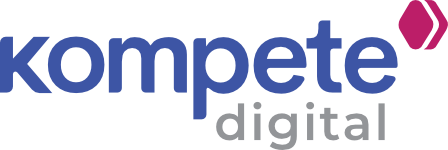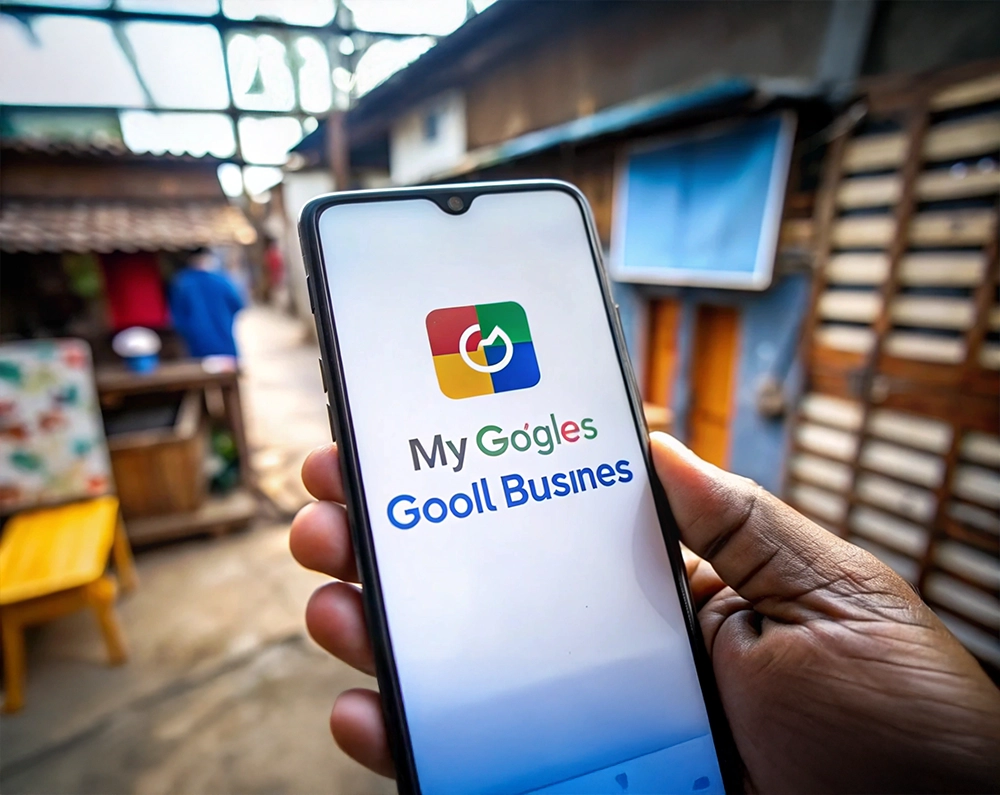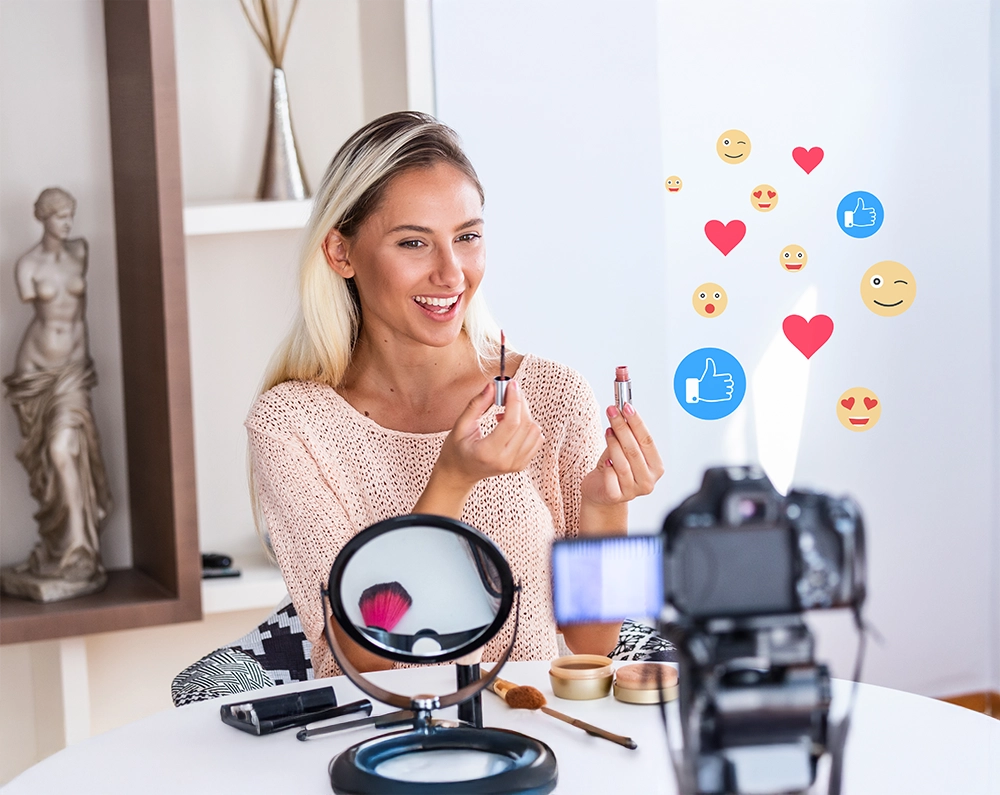Let’s start with the truth: the battle of Google Ads vs Facebook Ads is one of the biggest debates in digital marketing, and for good reason.
Picking between advertising on Facebook vs Google isn’t just a technical choice. It’s deciding where your message lands, who sees it, and at what part of their journey.
On one side, you’re tapping into high‑intent customers hunting for exactly what you sell. On the other hand, you’re building desire, weaving brand moments into people’s scrolling routines.
For most marketers, this isn’t a theoretical—it’s lived. In the late-night glow of dashboards open, budget adjustments, and wondering: Was that click a conversion, or just another scroll away?
If you’ve ever felt this way, you’re not alone. Thousands of business owners and marketing directors grapple daily with this exact question.
Let’s make this your last time asking.
How Do Google Ads and Facebook Ads Work, Really
In order to decide which suits you, you first have to get comfortable with how they actually work and what makes them fundamentally different.
Google Ads: The King of Intent
Picture this: your sink just burst a leak, or you absolutely need a pizza delivery as soon as humanly possible.
You open Google, type a phrase, and—boom—the perfect ad appears. That isn’t magic. It’s paid advertisement on Google in action: laser-focused, immediate, and designed to catch users right when they’re searching for a solution.
These ads don’t always feel like an interruption. Google has an uncanny way of matching what you just typed with a solution you’re ready to buy.
It’s why, even though the rate per click is much higher, that traffic comes loaded with intent. Users show up with their wallets already in hand, heads full of urgency.
Facebook Ads: The Art of Surprise
Now, flip the script. Instead of hunting for an answer, your audience is relaxing: scrolling through memes, catching up with friends, or joining a parenting group discussion.
Enter your ad—bright, eye-catching, popping right into the stream. That’s how do the ads on Facebook work. They don’t answer an immediate need. They plant ideas, stir curiosity, and create the “huh, maybe I do want that” moment.
The beauty of Facebook Ads is that they surface before people even know to look. These are more about spark than solution.
The cost per click is usually lower but the challenge is grabbing attention, building trust, and getting remembered
User Intent: The Most Overlooked Difference
This is what truly separates Google Ads vs Facebook Ads—not audience size, not fancy dashboards, but intent.
- Google: Intent marketing. People want something, now. Your ad solves the immediate problem.
- Facebook: Discovery marketing. People are open, browsing, bored. Your ad introduces them to something new, hoping to spark a need or a want.
If you sell snow shovels and there’s a blizzard coming, Google will find people desperately googling “snow shovel shop near me.”
If you’re launching a quirky new board game no one’s ever heard of, Facebook will help you create demand among the right crowd .
Many savvy marketers combine both: use Facebook to spark interest—and Google to close the sale.
Targeting: Who Really Gets Your Message?
Here’s where things get spicy in the Facebook Ads vs Google Ads battle.
Google Ads Targeting
You target with keywords, intent phrases, and context. Someone types “affordable wedding photographer” and, if you set your PPC services campaign well, your ad lands at the top.
Google also layers on geo-targeting, device targeting, time-of-day, reviews, and segmented audiences. But everything starts with what people are actively asking for.
Facebook Ads Targeting
This is where Facebook shines. Forget keywords. Here, you target interests, browsing behaviors, demographics, life milestones— “moms in Minneapolis who love organic food and yoga,” “people newly engaged and shopping for rings,” or fans of tactical gear in Texas.
Plus, Facebook tracks cross-device usage and tailors ads based on what people do anywhere on the Meta platform.
With Facebook, it’s less “meet your need now” and more “let me show you something you didn’t even know you wanted.”
Formats: Same Budget, Very Different Canvas
Google and Facebook both run pay-per-click models, but the ad real estate couldn’t be more different:
- Google Ads show on search results, Gmail, YouTube, Google Display Network, Maps, and more.
- Facebook Ads go everywhere across Meta’s network—news feeds, Stories, Messenger, Instagram, Audience Network, even Marketplace.
If you’re visual, creative, and love testing carousels or videos, Facebook is a playground for fashion, beauty, lifestyle, and other early-stage lead generation industries. If you want direct solutions, call buttons, maps, and tight tracking, Google is the old reliable , especially for retail, legal, or real estate.
The Big Question: Which One Costs Less?
Here’s where things often get oversimplified. The Facebook Ads rate per click? Lower. Google Ads? Often much higher. But price per click is only half the story.
- Google Ads: Clicks are often from people ready to buy.
- Facebook Ads: Often to people who are simply curious or just passing the time.
It’s tempting to chase the lowest click costs, but deeper down, ask yourself: who actually turns into a customer? For local or time-sensitive businesses, paid advertisement on Google may be expensive, but it’s usually higher-converting.
For e-commerce brands, launches, and longer sales cycles, Facebook clicks are softer but can be nurtured into loyal fans.
Learning Curves: Which is Easier to Start
Honestly? If you’re brand new to advertising, Facebook is less intimidating. Its ad builder has visual, drag-and-drop templates, and campaigns can go live for a few dollars per day.
A tiny trial budget quickly reveals what grabs attention and what sinks. Although it becomes complex as you dive into advanced placements, formats, and layered targeting. Frequent updates require constant adaptation.
Google asks you to wrangle keywords, bids, negative matches, and ad rank—plus a higher minimum monthly investment for any real visibility . Once you clear the learning curve, the management becomes smoother, especially for automating and scaling.
Wondering what to do if you’re constrained on time or budget?
Facebook is brilliantly forgiving. But if you’re hungry for scalable, urgent results (and can afford the steeper learning curve), Google will eventually return the favor in new customers.
Smart Marketers Ask: Why Not Both?
Here’s a secret: the smartest companies, and every well-rounded agency, blend both platforms to address various stages of the customer journey.
They set up tightly-tuned Google campaigns to catch you when you’re already interested, then use Facebook to retarget, upsell, and expand the relationship.
In fact, running Google and Facebook together often boosts returns significantly o ver using just one.
Google brings in the ready-to-buy crowd, while Facebook keeps your brand alive in the feeds, subtly nurturing leads until they’re ready to buy or click.
Final Thoughts: Google Ads vs Facebook Ads—Don’t Choose, Combine
There’s no universal answer in the Google Ads vs Facebook Ads debate. The real power is in knowing your brand, your customers, and where they make buying decisions.
- If you’re chasing red-hot demand and “I need this now” buyers, Google pays off.
- If you want to create a relationship, build buzz, or showcase an idea before the market is even aware, Facebook leads the charge.
The magic comes when you blend both. Let paid advertisement on Google capture the seekers, and use Facebook Ads to craft lasting curiosity and loyalty among the browsers.
Shift budget, watch results, and never get too comfortable—these platforms are always evolving, and so are your customers.
So next time you’re stuck debating Facebook Ads vs Google Ads, don’t worry about siding with one or the other.
Instead, build a funnel that meets people wherever they are, whether they’re hunting or just hanging out. That’s where tomorrow’s growth comes from.





